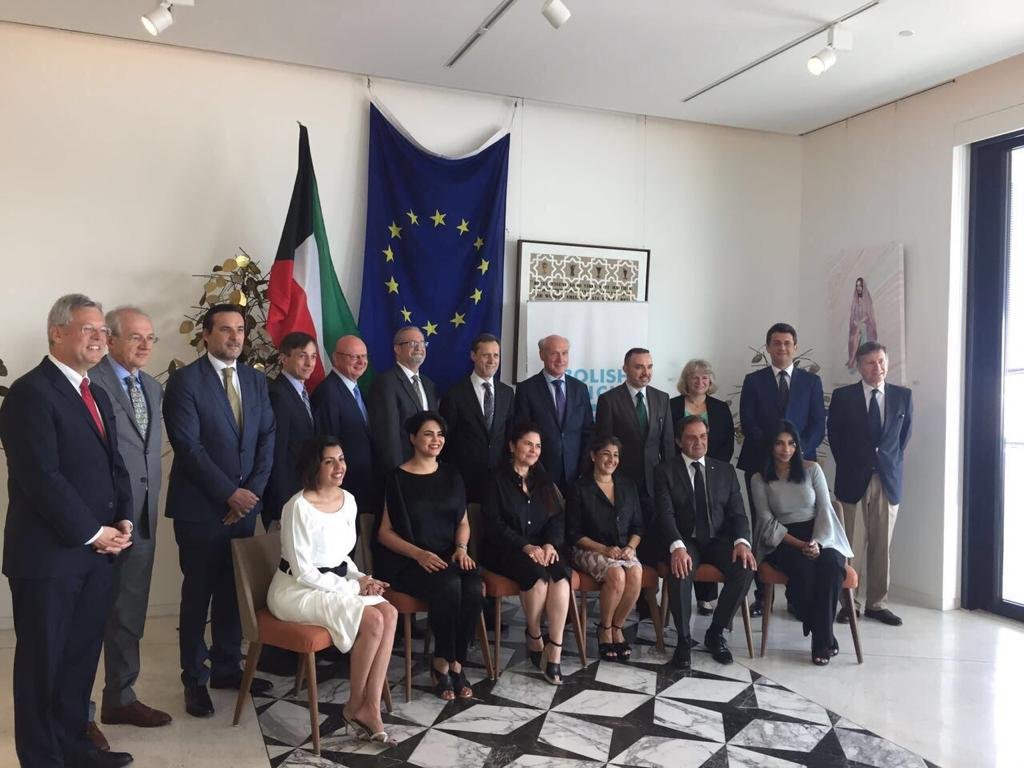
Winner Of The 2016 Chaillot Prize
FOR HUMAN RIGHTS IN THE GCC
Letter From Our Founders
Our campaign was officially launched in 2015 to abolish Article 153 - an archaic and unconstitutional law that justifies honour killings. At first, our focus was on raising awareness about the existence of this article, and our efforts then expanded to tackle domestic violence. We brought to light the normalisation of domestic violence and the need to introduce legislation and basics to protect survivors of abuse. To that end, we registered our sister organisation, Eithar, as a volunteer group with MOSAL in 2016 and widened our lobbying efforts to include the needs of survivors.
After many years of cooperation with MPs and government bodies, we were able to contribute to the Family Protection Law passed in August 2020. However, despite this, the law’s implementation is being impeded by groups that still feel it is their right to harm women physically.
During the COVID-19 pandemic, we saw an escalation in honour killings, harassment, and violence against women in general. These cases were highlighted in the news, which caused much debate and upset, leading to empty promises by MPs and government bodies to remedy the situation.
Over the past seven years of our awareness-raising and lobbying efforts, we have met many government officials, ministers, MPs, heads of institutions, and leaders of regional and international organisations working to protect women from violence. As a direct result of our efforts, 5 MPs submitted an urgent bill to abolish Article 153 in 2017 and again in 2020, with 5 MPs submitting two similar bills. We hope this will be accomplished soon as we increase awareness and the conversation about ending violence becomes more mainstream.
The continued existence of Article 153 and similar legislation have unfortunately encouraged acts of violence against women over the years. We want to abolish this article for many reasons: it is not Sharia compliant, ignores the fundamental human right to a fair trial, and its continued existence poses a threat to familial stability and safety. It must be noted that there are currently other legal alternatives exist for both adultery and murder. Articles similar to 153 have been abolished across neighbouring countries in the GCC and the Arab and Muslim world in recent years, which makes our efforts part of a global movement rather than just a local one. We are confident that, in time, it will be abolished in Kuwait as well.
Statistics
In 2022, 2223 cases of domestic violence have been reported.
53% of women have reported being abused by a man throughout their lifetime in Kuwait.
In 2020, 8 women became the first female appointed judges in Kuwaiti history
In 2020, the Kuwaiti engineer Jinan Al Shehab was declared the best female inventor by the Canadian iCAN for her invention of a wireless power transmission system
In 2022, the Women's Economic Empowerment Platform Kuwait (WEEP Kuwait) was created to support female professional development


